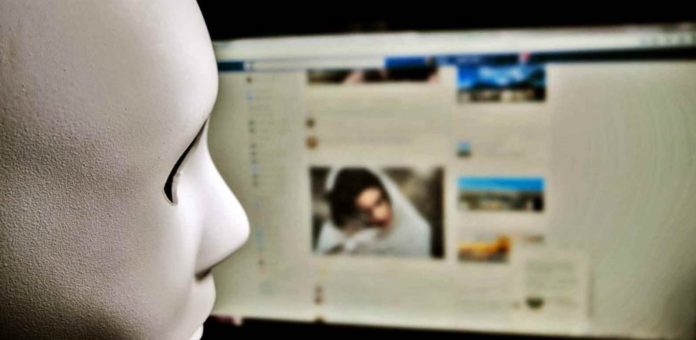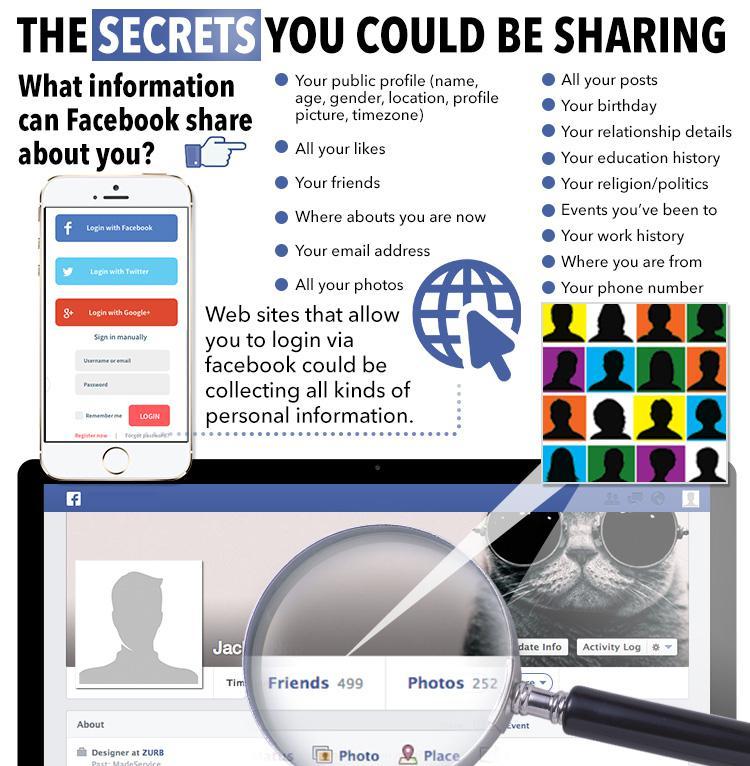
Almost everyone these days is documenting daily routines and posting self-portraits on social media, but the question is: are we sharing too much?
While it is nearly impossible to determine exactly how much of the information you share on Facebook is publicly accessible, Supremo has developed an online tool it claims can tell users how of your personal information Facebook is giving to strangers, advertisers, and criminals. The website warns:
“Hi there! Did you know that every single time you visit a website, you reveal information about yourself simply by visiting? Similarly, websites that allow you to log in via Facebook could be collecting all kinds of information if you haven’t properly checked the permissions you’re granting. See what kind of information we can process about you using the login button below.”
Clicking here will take you to the page where you will be asked to log in to Facebook. Once you are in, you will be able to see what information Facebook has on you and what information is the social media giant sharing with brands, companies and potential fraudsters.
This freighting tool might even prompt some people to think twice before liking a page or a viral video. Ian Cox of Supremo notes:
“If you’ve ever pressed ‘Login with Facebook’ on a website, you’re giving Facebook permission to share sensitive data with the site you are visiting. This includes, for example, your personal email address, whereabouts you live, where you work, details about your relationship, places you have recently been and who you’re friends with.
“The best way to stay protected online is to only share what you would be happy with the whole world seeing. As tempting as it may be to rejoice about the fact that the whole family is going on a weekend away, keep in mind that you may be inadvertently letting criminals know that your house is empty during this time.”
Ironically, the tool asks for permission to access your personal information on Facebook. However, the company assures that the “information we’ve gathered will be completely removed from our records but there are more malicious uses of your personal information potentially.”





